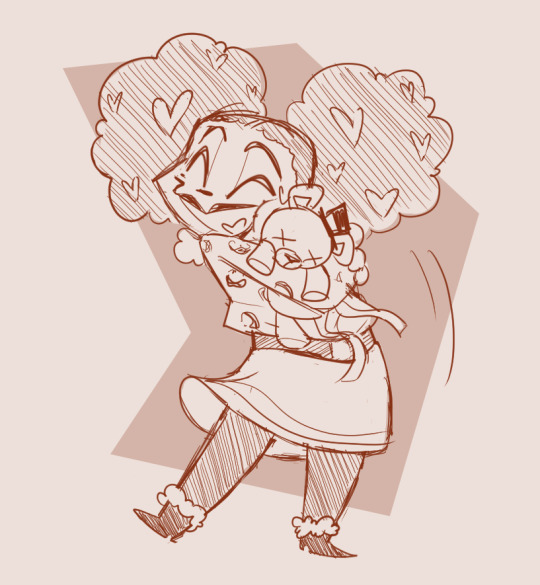#great god grove saul
Explore tagged Tumblr posts
Text

for the love of cob don't call saul
#alpf art#great god grove#great god grove fanart#ggg#great god grove saul#ggg saul#saul boggle#fascinated by this strange neurotic little man#especially by his concerning amount of parallels to a certain god of leadership#If You Know You Know
791 notes
·
View notes
Text

"PRAISE COBIGAIL! "
#art#digital art#great god grove saul#saul great god grove#great god grove#great god grove cobigail#cobigail#ggg
410 notes
·
View notes
Text


2 sauls i've drawn at school.... first ones especially off cause i didn't look up a ref ALSO I THOUGHT HIS STACHE WAS A WIDE NOSE THIS WHOLE TIME SO THAT'S ALSO A SLIGHT ISSUE HERE QJXBWBWB
#my art#great god grove#great god grove saul#great god grove saul boggle#saul boggle#i need to see more art of this little shit
61 notes
·
View notes
Text
for the love of cob...
art trade for @xreno !! Ngl Saul is fun to draw and SOMETIMES fun to color (I love coloring his hair. Everything else is a nightmare/j)

26 notes
·
View notes
Text


thanks to @dolphingal for getting me on the rickhauzzo train; i think that slab would set him straight (or yknow. the opposite)
#great god grove#ggg bauhauzzo#ggg rick brick#bauhauzzo#rick brick#ggg saul#rickhauzzo#listen#crack is my original wheelhouse#i would kill for this ship
800 notes
·
View notes
Text

He's such a sweet man I'll eat him yum yum yum >:3
786 notes
·
View notes
Text

my takeaway from mildread
#saul boggle#goody#bayker#great god grove#ggg#id in alt text#definitely art#saul i love you. please shave off your fuckass mustache <3
841 notes
·
View notes
Text







been taking some ggg npc sketch requests over on bluesky! can you tell im having fun
524 notes
·
View notes
Text




wouugh ! queers.
285 notes
·
View notes
Text

House arrest for attempted murder
Og pic under the cut

224 notes
·
View notes
Text
call him
362 notes
·
View notes
Text

GUYS PLEASE I'M ABOUT TO SPAM SAUL ART.
188 notes
·
View notes
Text




ohhh youu sly bastard.
#be kind my neighbor#bkmn#great god grove#ggg#saul boggle#it doesn't help that cobigail looks significantly wegg-ish in the face.#coincidence? I think NOT (it is definitely a coincidence)#(I just thought it was neat)#anyway hi mutuals you should play Great God Grove#and read Be Kind My Neighbor if you are 18+
164 notes
·
View notes
Text

i want to hit him over the head with a shovel
original under cut:

160 notes
·
View notes
Text





I'm in love
This game.... it's...🤲
#great god grove#great god grove fanart#daftaiyo art#art#huzzle mug#cobigail#bizzyboys#bizzyboy p#patty#saul boggle#lumber jacqueline#bug wurth
142 notes
·
View notes
Text


Baking together! (Guys, I'm soooooooo sorry...) (...or maybe not!)
290 notes
·
View notes